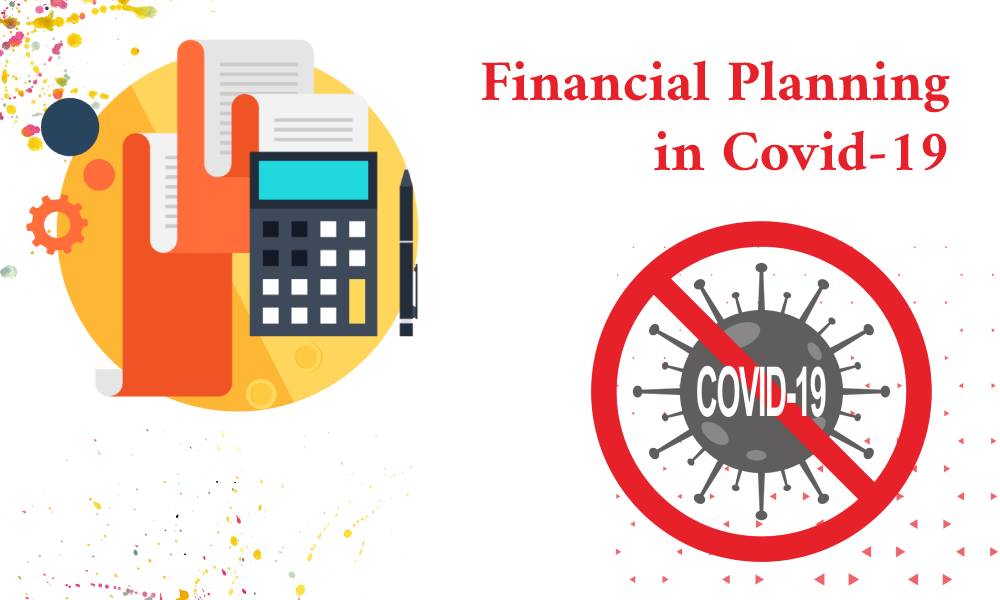Creating a monthly budget is a fundamental step toward managing your finances effectively, achieving your financial goals, and ensuring you live within your means. This is a short guide on how to make a monthly budget:
1. Revenue Evaluation: Start by figuring out how much money you make each month from all sources, including your wages, salaries, and any revenue from rentals.
2. Expense List: Compile a list of every expense you incur each month. Sort them into fixed (rent/mortgage) and variable (groceries, entertainment) categories.
3. Set Priorities: Prioritize your expenses. Essential needs like housing, utilities, and groceries should come before discretionary spending like entertainment.
4. Estimate Costs: Determine the cost of each expense category. For variable expenses, use averages or recent bills to estimate monthly spending.
5. Create a Spreadsheet or Use Budgeting Apps: You can use a simple spreadsheet for budgeting apps like Mint, YNAB, or Excel to organize your budget. These tools help a long way in calculation and tracking.
6. Allocate Funds: Distribute your revenue among the several expense categories, making sure that your overall spending doesn’t surpass your overall income.
7. Contingency Fund and Savings: Make accumulating money for emergencies and future savings a top priority. Set aside money from your income for these accounts before you spend it on frivolous things.
8. Track Expenses: Record every expense throughout the month. This helps you stay accountable and adjust your budget if necessary.
9. Review and Adjust: At the end of the month, analyze your spending. Determine which areas you exceeded or underspent, then make the necessary adjustments to your budget.
10. Long-Term Objectives: Take into account long-term financial objectives like debt elimination, retirement savings, or home ownership. Within your budget, set aside a portion of your money for these objectives.
11. Stay Disciplined: Stick to your budget and avoid unnecessary expenses. Being disciplined is crucial to achieving your financial goals and maintaining financial stability.
12. Regularly Checks: Revisit and update your budget as your financial situation changes. This ensures that your budget remains aligned with your goals and current circumstances.
13. Seek Professional Advice: If your financial situation is complex or you need assistance, consider consulting a financial advisor for personalized budgeting guidance.
Remember, creating a budget is a dynamic process that evolves with your financial journey. It provides a clear roadmap to financial success, helping you manage your money, reduce stress, and work toward your financial objectives.






